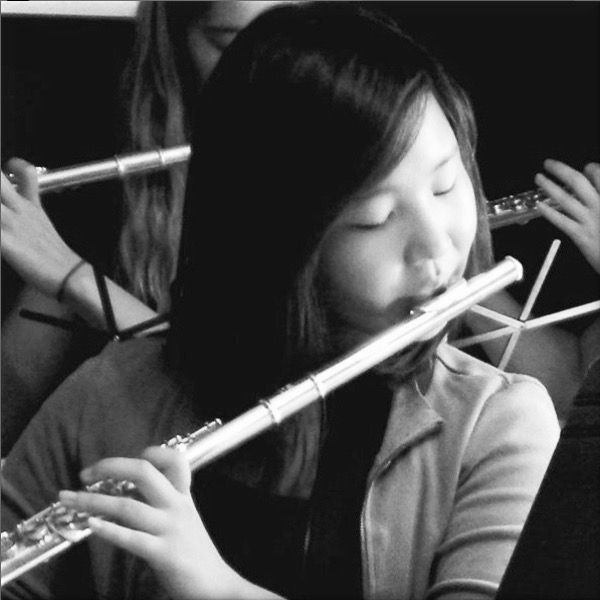September & First Flute Lessons
- Amy O'Neill
- Aug 16, 2020
- 2 min read
Things are a bit up in the air this year in terms of what's happening this fall with music classes, bands and orchestras. If you're missing out on school music and ensembles next month, it's the perfect time to start private lessons to keep music in your life! It's amazing what a difference one-on-one instruction can make, the lessons are easy to set up online, and you'll be extra prepared when your school groups start back up.

What can you expect in a flute lesson?
If you've never taken a private lesson before, you might be wondering what to expect. In your first lesson, your teacher will likely take some time to see what you already know so they're not wasting time going over things you've covered in school. They may ask you about your flute background (have you played before? for how long? what kind of music did you study? was it just through school, or have you taken lessons already?) so they know what level of materials will suit you best. They don't want to be giving you ridiculously advanced concertos to learn if you've never made a sound before!
What should you bring to your first flute lesson?
To make sure your new teacher can get an accurate read on your current skill level, make sure to bring your flute and a piece of music you feel comfortable playing to your first lesson. Whether it's Mary Had a Little Lamb or the Griffes Poem, it doesn't matter - what's important is that the piece gives your teacher an accurate idea of your current strengths.
If you've never played before, that's ok, too! Just say you're starting from the absolute beginning on flute, and let your new teacher know if you play any other instruments, so we know whether you're likely to have a grasp on basic music theory concepts already, or if we're starting completely from scratch.
What else is my flute teacher going to ask about?
Your new teacher will likely ask you what kind of music you like (classical? celtic? movie scores? k-pop? video game themes?) whether music is going to be your main focus or if you're in multiple other activities during the week, whether you want to work toward a specific goal (orchestra or band auditions, university music auditions, RCM exams, better marks in school, learning every sonata ever written...) and whether you have any concerns about the lessons themselves. All of this information helps us come up with a learning plan that suits you and your goals, so you can get the most out of your lessons.
What's the next step?
Send a message to a teacher who's working online or who teaches in your area and ask if they're taking students and whether you can set up a trial lesson.
Good luck, and happy playing!

Comments